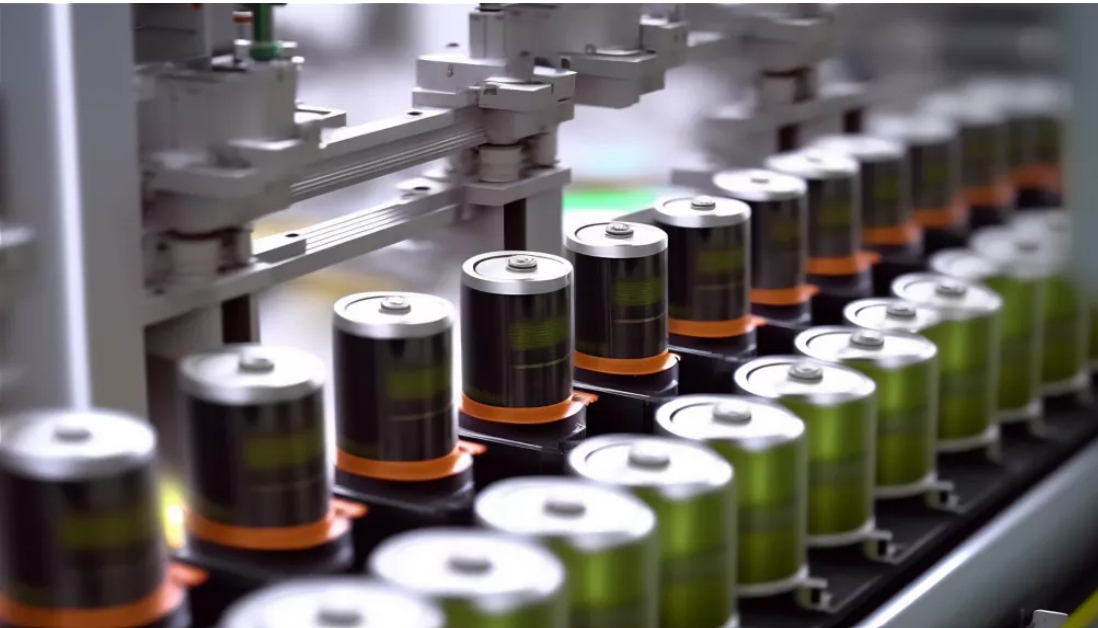Honeywell announced this week two new solutions to optimize electric vehicle (EV) safety for drivers and manufacturing for gigafactories. The technologies, offered by Honeywell Process Solutions and Honeywell Sensing Solutions, support the company’s alignment of its portfolio to three powerful megatrends, including the energy transition.
Specifically, Honeywell is integrating ultrasound scanning-based comprehensive battery cell testing in its Battery Manufacturing Excellence Platform (MXP) software solution, enabling high-quality battery production by giga-factories. Also, it is launching new safety sensors that detect thermal runaway signs in EV batteries before a potential fire.
“As the world moves at full speed toward electrification, a number of challenges have arisen, including how to make EV batteries safely, efficiently and at high volume,” said Victor Verissimo, general manager, Electrification for Honeywell Industrial Automation. “Our latest solutions across the EV landscape are aimed at reducing safety risks for this sector, creating greater transparency throughout the lifecycle of a battery and making the production process more efficient. By doing this, we are helping progress toward a more sustainable future.”
Comprehensive battery cell testing on production floor
Honeywell Process Solutions is partnering with Titan Advanced Energy Solutions, a pioneer in ultrasound-based battery interrogation systems, to integrate its sophisticated scanning technology into the Honeywell Battery Manufacturing Excellence Platform (MXP).
Honeywell Battery MXP is an artificial intelligence (AI)-powered software solution designed to optimize the operation of gigafactories from day one by improving battery cell yields and expediting facility startups for manufacturers.
Integration of Titan’s ultrasound scanning solution in Battery MXP enables real-time, in-line analysis of battery quality to detect any manufacturing defects not visible through traditional methods. The Titan technology’s thorough testing of every battery cell supports faster defect-tracing and overall process efficiency improvements, especially for early-stage gigafactories. By integrating the technology into the Honeywell Battery MXP, battery manufacturers will gain comprehensive, end-to-end visibility into the batteries they are producing, enabling cost-effective, high-quality battery production at the large scale required for today’s electrification needs.
New safety sensors for EV batteries
Honeywell Sensing Solutions is launching an advanced lithium-ion battery safety sensor for use in EVs. The battery safety electrolyte sensor (BES) utilizes Li-ion Tamer electrolyte gas detection technology to detect “first vent” events, which are very early indicators of a potential battery fire. The indicators can issue a warning 5 to 20 minutes before a fire.
The BES solution can detect the gasses released by a failing battery cell before thermal runaway starts, serving as an early-warning device in an EV supervisory system. The technology enables operators to then take action to prevent the battery fire, potentially saving lives and avoiding significant property damage. The sensors also enable automobile manufacturers to comply with Global Technical Regulation No. 20 (Electric Vehicle Safety) and other emerging battery safety requirements.
This content is protected by copyright and may not be reused. If you want to cooperate with us and would like to reuse some of our content, please contact: editors@pv-magazine.com.









By submitting this form you agree to pv magazine using your data for the purposes of publishing your comment.
Your personal data will only be disclosed or otherwise transmitted to third parties for the purposes of spam filtering or if this is necessary for technical maintenance of the website. Any other transfer to third parties will not take place unless this is justified on the basis of applicable data protection regulations or if pv magazine is legally obliged to do so.
You may revoke this consent at any time with effect for the future, in which case your personal data will be deleted immediately. Otherwise, your data will be deleted if pv magazine has processed your request or the purpose of data storage is fulfilled.
Further information on data privacy can be found in our Data Protection Policy.